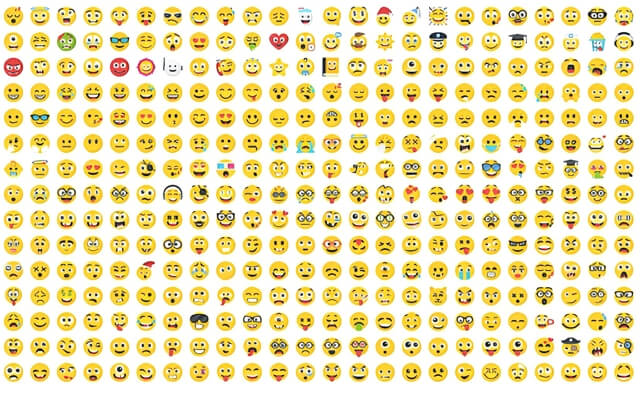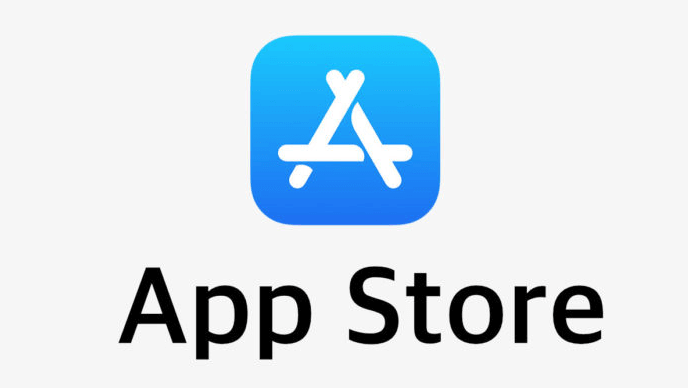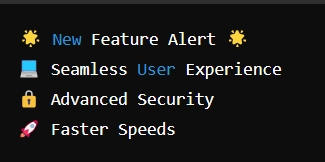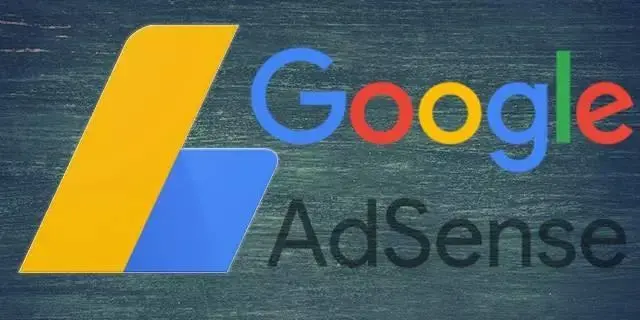In this article, we will introduce and interpret Apple's App Store review guidelines from three perspectives: business, design, and legal.
Business
The third section focuses on business requirements. On the App Store, there are multiple ways to make an app profitable. However, achieving profitability must align with the App Store Review Guidelines; otherwise, an app may be rejected, removed, or even lead to a developer's removal from the Apple Developer Program.
3.1 Payments
The payment requirements cover extensive details that encompass almost every industry, specifying in detail how payments should be handled. Over the years, Apple's guidelines on payments have evolved to address various issues, building an ecosystem that supports App Store diversity. Developers should benchmark similar apps to select appropriate payment methods and workflows, providing users with a seamless experience.
3.2 Other Business Models
This section lists "do's" and "don’ts," although not exhaustive. A considerable number of apps face rejections based on these guidelines. For instance, insurance apps must be free; approved nonprofit organizations may conduct fundraising within their own apps; and apps for financial transactions must be published by authorized institutions. Failure to meet these requirements may lead to app rejection.
The "don’ts" include limitations on app usage, such as unfair treatment of users, manipulating user visibility on other services, and distributing apps that facilitate binary options trading. For example, loan apps must clearly disclose all terms. Developers are strongly encouraged to review their app before submission to ensure it complies with these requirements.
Design
Apple customers value products that are simple, elegant, innovative, and easy to use. Developers need to dedicate time and effort to refine the app’s design for an optimal user experience that consistently attracts both new and existing customers.
4.1 Originality
Apple expects developers to submit unique apps. Copying or directly replicating other apps can lead to claims of infringement or removal from the Apple Developer Program.
4.2 Minimum Functionality
Apple encourages developers to submit apps that offer meaningful value. If an app lacks sustained entertainment or utility, it may face rejection. Developers should consider adding practical and valuable features to increase approval chances.
4.3 Duplicate Apps
For brand consistency, Apple suggests submitting one app that can cater to various user groups through account roles or other selection options. Submitting multiple, similar apps can increase maintenance costs and lower efficiency. Developers should thoroughly review their code and app content to avoid duplication and optimize the app’s functionalities.
4.4 Extensions
Apps with extensions must ensure compatibility. This guideline rarely leads to rejections if compatibility is managed.
4.5 Apple Sites and Services
Apps utilizing Apple sites and services must strictly adhere to all related guidelines to prevent misuse, especially regarding unauthorized activities or data theft, which can result in removal from the Apple Developer Program.
4.7 Mini-Apps, Mini-Games, Streaming Games, Chatbots, Plugins, and Emulators
Apple now allows certain types of HTML5 mini-apps, mini-games, and streaming games, enhancing user experience and service diversity.
4.8 Sign-In Services
Apps that integrate social media or third-party login methods must offer users a choice, limiting data collection to names and emails only. If the app relies on proprietary login methods, offering other options is not required.
4.9 Apple Pay
Apps utilizing Apple Pay must provide transparent purchase information and use the Apple Pay brand appropriately. Misuse of brand elements can lead to rejection.
4.10 Monetizing Built-In Features
Apple prohibits using system functions, services, and technologies to generate profit, thus protecting user rights. Developers should avoid violating this policy.
Legal
Legal considerations are the final section of the App Review Guidelines. Apple mandates that apps must comply with regional laws of the target user base. Developers must stay informed about legal requirements in target regions, adjusting apps to ensure compliance and sustainability.
5.1 Privacy
Privacy is paramount in the Apple ecosystem. Developers must handle personal data in line with legal regulations and transparently provide privacy policies within the app. User data collection requires clear communication and permission, especially for health and children's apps.
5.2 Intellectual Property
Apple has strict rules protecting intellectual property. Any app infringing on IP rights may be removed from the store.
5.3 Games, Gambling, and Lotteries
Apps featuring games, gambling, and lotteries are strictly regulated. Events involving contests, lotteries, or other promotional activities should clearly state that Apple is not a sponsor or participant. Failure to do so can lead to rejection.
5.4 VPN Apps
VPN apps must be developed by registered entities, clearly explaining data collection and prohibiting data resale to third parties.
5.5 Mobile Device Management (MDM)
Apps offering MDM services, like VPNs, have strict requirements, generally limited to businesses, educational institutions, or government entities.
5.6 Developer Code of Conduct
Apple’s developer code of conduct prohibits manipulation or deceptive behavior. Violating these principles may lead to account termination, and recovery requires a compelling statement and improvement plan.
Summary
The business, design, and legal requirements provide developers with a comprehensive guide to help align app functionality with Apple’s policies. Generally, app reviews are now faster, often completed within 24 hours, with options to request expedited reviews if needed.
We hope this guide aids developers in smoothly navigating app reviews and achieving compliance.







